Why Can’t I Stay Awake?
Let me set the scene. A while back, my friend Mara and I met for coffee. She was mid-sentence about some hilarious work thing when… her head just drooped down, eyes fluttered shut for half a second, and then—blink!—she jolted back awake. “Whoa,” she mumbled, “Sorry, it’s been a wild week.” Has this ever happened to you? Maybe at your desk, or2>Why Can’t I Stay Awake?
Let me set the scene. A while back, my friend Mara and I met for coffee. She was mid-sentence about some hilarious work thing when… her head just drooped down, eyes fluttered shut for half a second, and then—blink!—she jolted back awake. “Whoa,” she mumbled, “Sorry, it’s been a wild week.” Has this ever happened to you? Maybe at your desk, or (gasp) somewhere a lot less safe, like behind the wheel?
We always talk about falling asleep at night, but what about when you’re nodding off without drugs, right in the middle of the day, totally against your will? Kind of embarrassing, sometimes scary, and almost always confusing. So, let’s dive in together. Why does this happen—and more importantly, how can you take back control of your own wakefulness, no pills required?

Behind The Daytime Doze
If you’ve ever asked yourself, “Why do I keep dozing off while sitting?” you’re so not alone. The why do I keep dozing off while sitting? question pops up everywhere—an eerie sign that this isn’t just about a boring meeting or a bad night’s sleep.
So, what’s actually going on here? Let’s keep it real: in most cases, nodding off without drugs comes down to your body waving a big, sleepy flag in your face. A signal that something is off-balance. Sometimes it’s super obvious (hello, Netflix binges until 2AM), but… sometimes, it sneaks up no matter how hard you try to stay strong.
Just Tired, Or…?
Be honest—how many nights a week do you actually get the full 7–9 hours adults need? (Yes, that includes you, champion sleeper who thinks six is enough…) According to research on sleepiness and fatigue, outright lack of sleep is still the most common culprit medical news on random sleep.
But here’s the kicker: sometimes, you’re waking up groggy and still nodding off throughout the day even though you swear you slept okay. Now what? Picture Mara’s coffee-shop nap, or the classic “doze off mid-Zoom call” move. If those catnaps aren’t fixing anything, you might need to dig deeper—think sleep disorders, hidden stress, or health stuff you’ve never even thought about.
The Tiredness Table
| Sign | Just Tired | Possible Disorder |
|---|---|---|
| Frequency | Occasional, after late nights | Daily, can’t control it |
| Nap Effect | Feel more alert again | Still sleepy after naps |
| Other Symptoms | None major | Confusion, muscle weakness, weird dreams |
Ever kept a quick log of when you nod off? I found that writing down not just when but how I felt helped me answer the “am I narcoleptic or just tired?” question… and reveal patterns I would’ve sworn weren’t there.
When Sleep Disorders Crash The Party
Ready for a plot twist? Sometimes nodding off without drugs has nothing to do with pure exhaustion—it’s your brain making an unannounced cameo. Enter wild cards like narcolepsy and hypersomniaCleveland Clinic narcolepsy guide.
Could It Be Narcolepsy?
I know, sounds dramatic. But narcolepsy is sneakier (and more common) than you might think. People with narcolepsy have brains that can’t properly keep the boundaries between sleep and awake (kind of like a DJ who keeps skipping tracks mid-song). The result? “Sleep attacks”—bam, you’re out cold for 30 seconds, then wide awake and totally confused. It doesn’t matter if you got your eight hours the night before.
Some folks describe weird muscle weakness (cataplexy—try laughing too hard and going wobbly!) or even dreamlike hallucinations at the edge of sleep. Not fun. If you start wondering, “am I narcoleptic or just tired?” it’s a question worth exploring with some professional help or a sleep study.
Mini-Story: The Subtle Side
My old roommate once thought he just had “bad work stamina.” Turns out, the real story was undiagnosed narcolepsy. Half a year later, after a strange collapse while cooking pasta (laughing at a TikTok, lost all muscle control, nearly face-planted into the noodles) he finally talked to a doc… and, voila—real answers, real relief.
What About Hypersomnia?
Hypersomnia is like narcolepsy’s slightly lesser-known sidekick. You sleep at night, maybe even more than you should—yet you still feel pulled into sleep during the day, often at the worst moments. Ever had that fuzzy-headed confusion after a nap, as if you’re still walking through a dream? That’s textbook hypersomnia medical explanation at Cleveland Clinic.
And just because you “look awake” doesn’t mean you actually are. Sometimes, people with hypersomnia keep doing stuff—writing notes, sending emails—while sleeping. The next day: zero memory of it. (Maybe that’s why your grocery list says ‘buy milk, eggs, and zebra jelly’? Hmm…)
If you’re still thinking “why do I keep dozing off while sitting?” and can’t pinpoint a reason, don’t just brush it off. These are all signs your body is trying to get your attention.
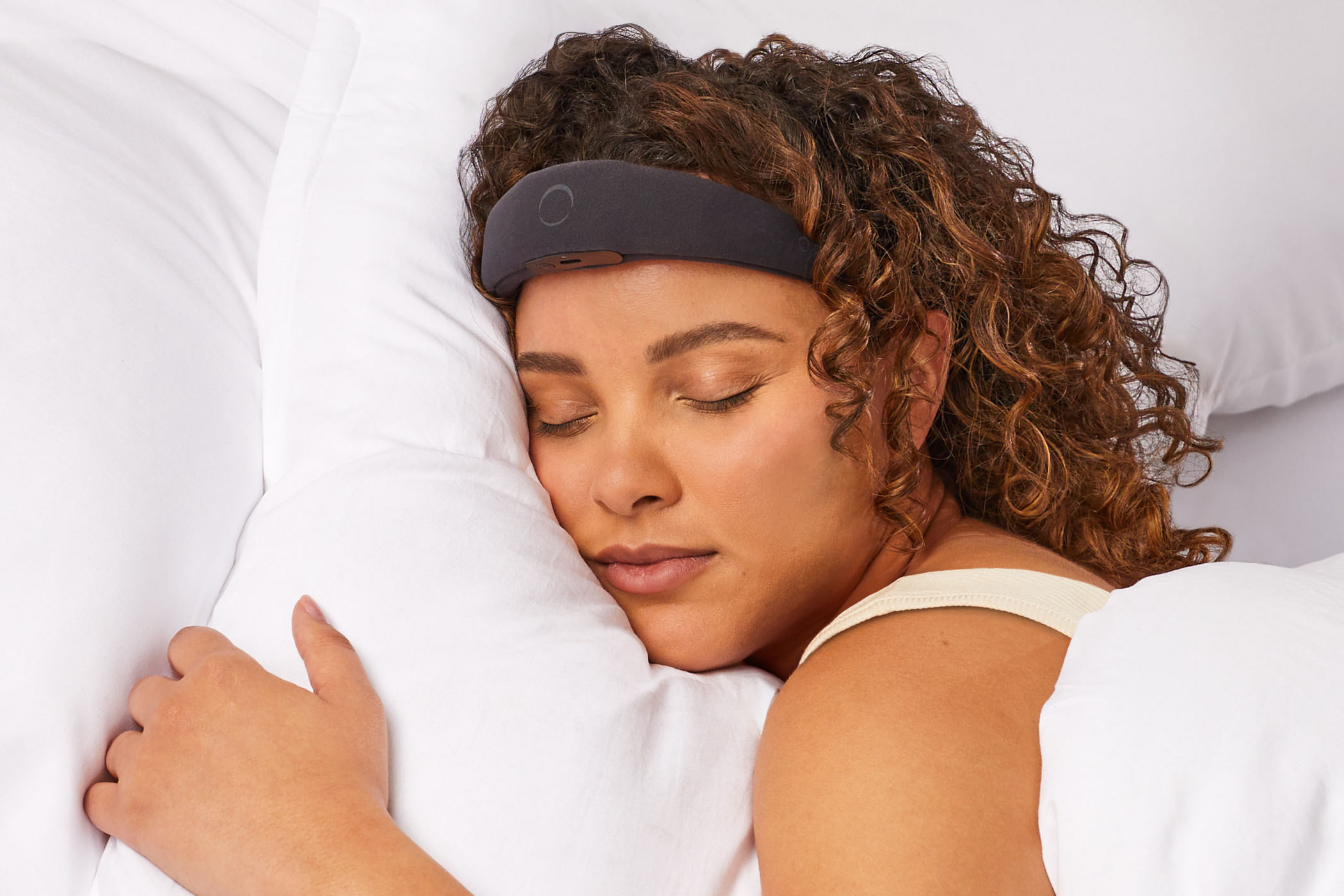
Beyond Disorders: Lifestyle, Habits, and Odd Triggers
Let’s get real—nodding off without drugs isn’t just about rare brain disorders. Most of us are basically living in a low-key battleground between our natural rhythms and, well, modern life.
The Sleep-Stealers Around Us
Sleep loves stability. You know what messes with that? The world. Shift work, late-night screen scrolling, noisy city streets, temperature swings—these are stealthy culprits behind the big “can’t keep my eyes open” epidemic.
Oh, and light. Summer days stretch forever, and the sun’s still blazing at 8PM? Your brain’s natural melatonin production can’t keep up. That’s how you wind up lying sleepless until midnight, then lurching awake at dawn…and then—yep, nodding off at your desk at 10AM.
If I had a dollar for every time I crashed out after a heavy dinner, I’d probably have at least enough for better blackout curtains.
Anecdote: The Hot Room Blues
Last year, my friend Jen was nodding off everywhere. Turns out, her new apartment’s AC was busted and the bedroom never got below 80°F at night. She tried everything—fans, lighter bedding, even ice packs on the pillow (hey, desperate times call for desperate measures…). Eventually, blackout curtains and a bargain bin fan worked wonders. Sometimes, it’s about the simple environmental stuff that gets overlooked.
Nodding Off Without Drugs: Everyday Solutions
So, how do you break the cycle—without reaching for a pill bottle, prescription or not?
The Natural Fixes That Actually Work
Start by listening to your body. Wild advice, right? But seriously: you don’t have to accept exhaustion as “just the way grownup life works.”
- Keep a bedtime routine.
Set an alarm—not just to wake up, but to start winding down in the evening. Screens off, lights dim. Treat sleep as a non-negotiable, like charging your phone (except, you don’t work as well with 2% battery).
- Room check: cool and dark wins.
Aim for 60–67°F and darkness. Seriously, your sleep hormones will thank you.
- Watch evening snacks.
Heavy dinners, caffeine, or alcohol close to bed are classic sleep saboteurs. Maybe swap wine for chamomile, or try a magnesium-rich treat like a handful of almonds.
- Catch more morning light.
A walk outside first thing sends a “wake up!” signal to your brain, resetting the clock and helping you feel alert during the day.
What worked for me (true story): herbal tea before bed instead of scrolling and red wine. I snuck in a quick walk after lunch, too. I won’t pretend it was a miracle, but within a week my post-lunch faceplant urges were pretty much gone.
Quick Table: Natural Boosters
| Hack | Pros | Cons |
|---|---|---|
| Magnesium snacks | Natural, helps relax brain | Watch out if kidney issues |
| Cool, dark room | Free/cheap, serious impact | Need a fan or curtains |
| Consistent bedtime | Keeps circadian rhythm happy | Hardest part: sticking to it |
Still dozing off midday? Maybe try a power nap (20–30 min max); sometimes, being kind to your brain is the quickest fix of all.
And hey—if you’re nodding off during conversations, keep noticing those patterns. Answering “why do I keep dozing off while sitting?” might lead you to some amazing changes that go way beyond sleep.
When Is It Time To Get Help?
Here’s the truth: occasional exhaustion is normal, but if you’re nodding off daily or in risky situations, it’s time to check in with a pro.
Ask Yourself…
- Are naps not helping, or even making you groggier?
- Do you jolt awake with confusion, muscle weakness, or weird dreams?
- Family or coworkers noticing you zoning out more and more?
If you said yes, even once, chat with your doctor. Sleep studies are more common than you’d think and can explain whether it’s narcolepsy, hypersomnia, or something else (maybe even as simple as sleep apnea or restless legs).
There’s no shame in reaching out. That’s how Mara, my coffee friend, finally figured out that her “oops, I tuned out again” moments were early warning signs. Her story turned out super positive (new sleep habits, a little therapy, and… she actually lets herself rest now!)
For even more ways to untangle these symptoms, check out am I narcoleptic or just tired?—you might spot your own experience in there, too.
Ready To Reclaim Your Day?
Let’s be real: nodding off without drugs isn’t just a punchline for memes or an awkward work story. It’s often your body’s not-so-subtle plea for a change. Sometimes the solution is small—move your bedtime up, drop the wine, embrace a nap or two. Sometimes, it means asking for help.
The good news is, you’re not doomed to forever zone out in mid-sentence. The tips here work for real folks, not just sleep gurus. Maybe the simplest advice is… get curious about your own tiredness. Keep a record, pay attention, and give yourself a break when you need it.
Reading this already counts as step one. Now, how about a tiny sleep update tonight? Let yourself doze off (safely, please), and see what a difference tomorrow can make.
I’m rooting for you—and next time you catch yourself asking, “why do I keep dozing off while sitting?” remember: sometimes your brain just wants a hand. Give it one, and watch what happens next.
Sweet dreams (and happy waking).


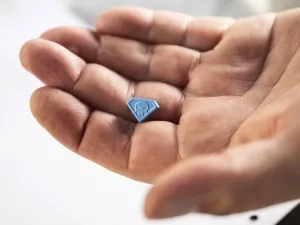


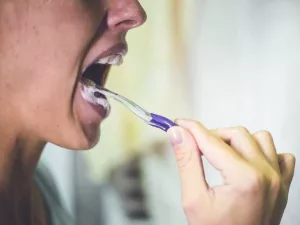
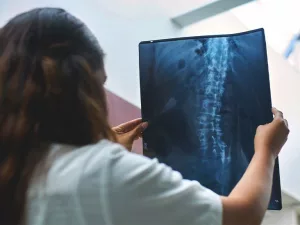
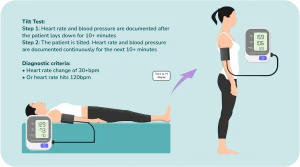

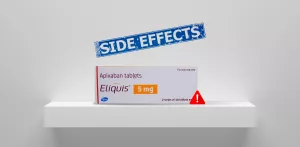







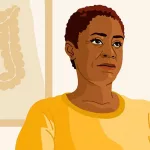

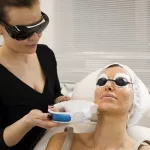
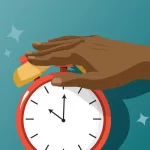
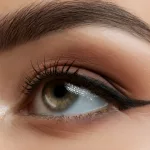


Leave a Reply
You must be logged in to post a comment.